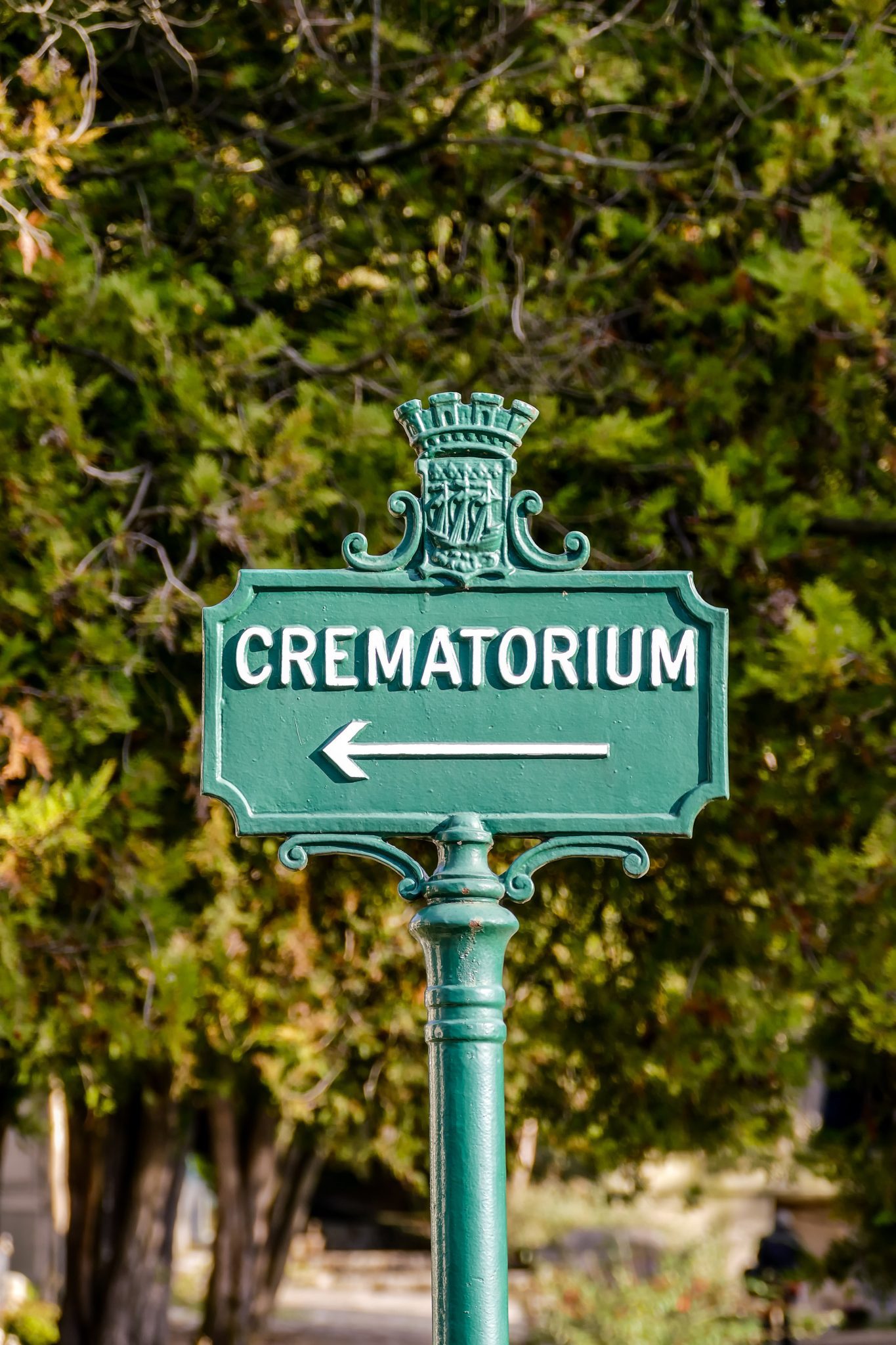Why choose a direct cremation?
Good to know – not all direct cremations are the same! By the time you’ve read this page you will be much better equipped to make the right decision.
Direct cremation means one thing – the person is taken to the crematorium, the cremation takes place and the ashes are returned. What differs between companies is how this is achieved. Specifically, this relates to the level of personal contact – between the person arranging the direct cremation and the professional they are dealing with – before and after the cremation takes place.
At a time of distress, grief and exhaustion, we would say less is not more and we have seen first-hand that reducing the funeral to a transactional experience (a ‘disposal’) can have emotional costs further down the line.
Also, please be mindful of the emotionally-laden language used by some companies such as ‘no fuss’, ‘looking after everyone’, ‘protect your family from big funeral bills’, or ‘putting your family first’.
We believe the best approach when considering direct cremation is to talk to your family or those who will be involved in organising your funeral.
Talk to the various providers of direct cremations, whether the internet-based companies, the crematoria-run companies, corporate funeral directors or local independents like Family Tree, and weigh up the pros and cons.
Family Tree currently charges £1,495 for a direct cremation. Some companies charge more and some companies charge less. There are reasons why some internet-based national providers charge less and one of the main ones is to do with economy of scale. We cannot compete with this, nor would we wish to.
However, if you would like to instruct us to carry out a direct cremation but cannot afford our cost, we offer a sliding scale in order to give you the service we wholeheartedly believe in.
Why choose Family Tree for a Direct Cremation?
To understand how the direct cremation service we offer at Family Tree compares to the main online provider, see our comparison table.

